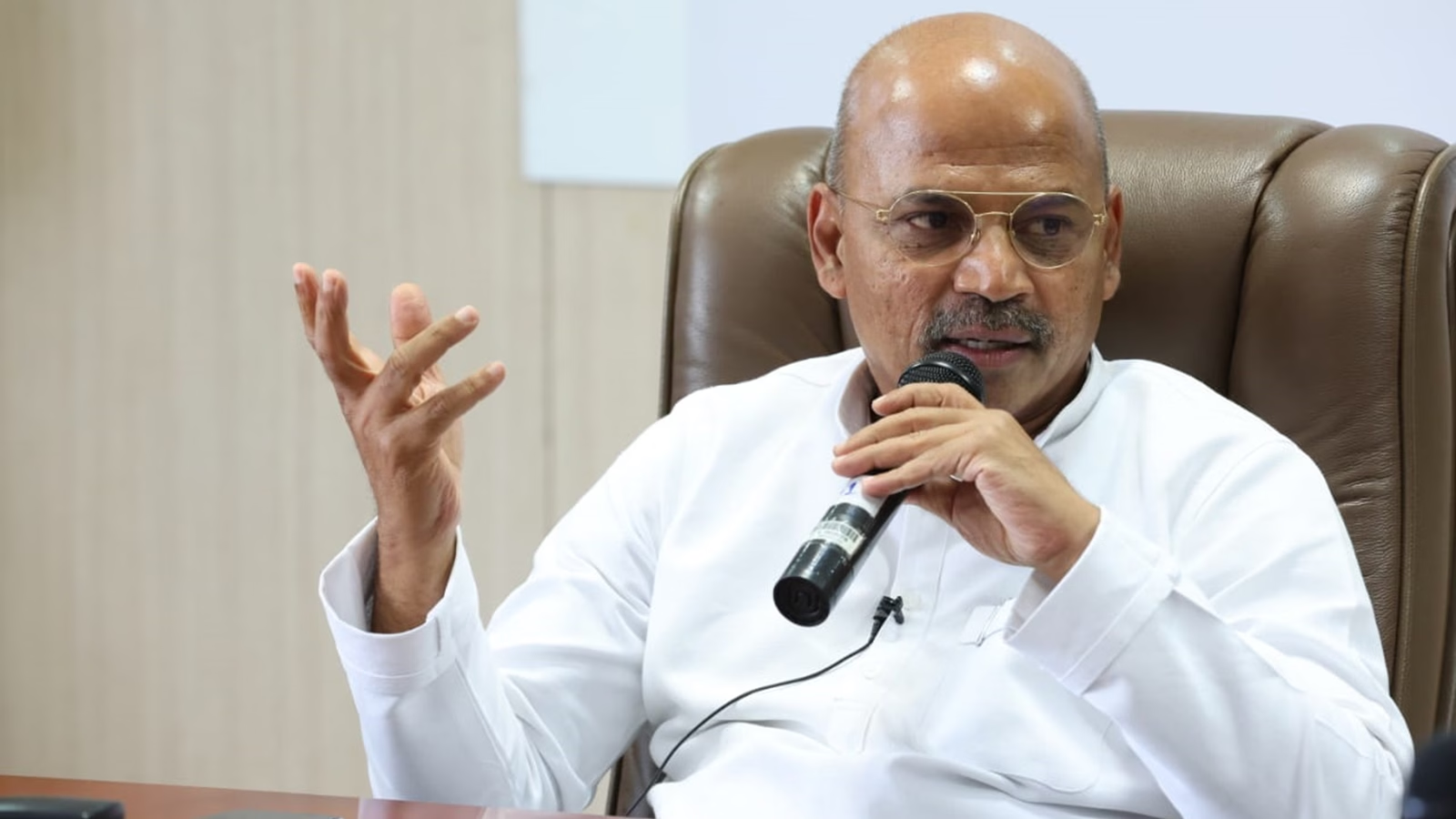Cong’s Mansoor tears apart EC’s house No 0 defence
Congress’s Mansoor Ali Khan slammed the EC’s “House No. 0” defence, calling it a loophole undermining transparency and eroding trust in India’s democracy.
Salar News
.png)
BENGALURU, 26 AUG
AICC Secretary Mansoor Ali Khan dismantled the Election Commission’s (EC) defence of the peculiar House No. 0 found in the electoral rolls in the Mahadevapura Constituency.
“House number 0 (is) a phrase that has become infamous in the narrative of Bangalore Central,” he said. “The Election Commissioner claims it’s a harmless placeholder for people living in slums or villages that don’t have formal addresses. That sounds inclusive and even generous. But anyone who tried to get on the voter list knows you need real proofs; Aadhaar, utility bills, government IDs, all showing the verifiable address.”
Khan said the EC’s defence was riddled with holes.
“So why in a constituency as urbanised as ours do we see thousands of voter entries with house number 0?... Who do these so-called residents represent?” he asked. “Who benefits when traceability is replaced by shadows?”
The AICC Secretary said that the EC was using a “dangerous loophole.” He said a lack of verifiability and transparency will erode the public’s trust in the entire process until it “collapse(s)”.
“That is why what happened in Bangalore Central matters for all of India,” he said. “If our democracy can hide voters behind a ghost address, what else is being hidden from the public? Let’s remember the strength of our democracy lies in transparency, not in convenient blind spots.”
Congress leader Rahul Gandhi had earlier claimed that there was a massive ‘vote chori’ taking place in the country, and said that his party studied the Mahadevapura Constituency to understand the “modus operandi”.
Leave a Reply
Your email address will not be published. Required fields are marked *










.png)

.png)



.png)


